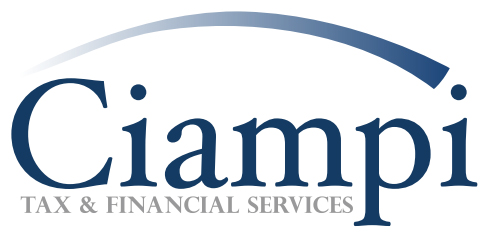As summer employment picks up for teenagers and young adults, it presents not only an opportunity to earn extra cash, but also opens the door to financial literacy. If your child or dependent has earned income from a summer job this year, you may want to consider establishing a Roth IRA (Individual Retirement Account) on their behalf.
While this may seem premature for someone just entering the workforce, the advantages of beginning early are significant and the Roth IRA is one of the most powerful tools to capitalize on them.
What Is a Roth IRA?
A Roth IRA is a type of retirement savings account that allows individuals to contribute after-tax income typically from earned wages like a summer or part-time job. While contributions aren’t tax-deductible, the key advantage is that both the earnings and qualified withdrawals in retirement are completely tax free.
This makes Roth IRAs especially beneficial for young people who are likely in a low tax bracket now. By paying taxes on their contributions upfront, all their future growth and earnings come out tax-free later.
Contribution Guidelines and Limits
For 2025, the annual Roth IRA contribution limit is $7,000 or the total amount of earned income for the year, whichever is less. This means if your child earns $3,000 from a part-time summer job, they may contribute up to $3,000 into a Roth IRA. The account must be opened in the child’s name, but a parent or guardian can help manage the account and even fund it, provided it does not exceed the child’s earned income.
For children or teens under the age of 18, a custodial Roth IRA is the account type they’ll need to get started. It works just like a regular Roth IRA, but it’s opened and managed by a parent or guardian until the child reaches the legal age (usually 18 or 21, depending on the state). The account is still in the child’s name and contributions are below or matching the child’s earned income. Once they reach adulthood, full control of the account transfers to them.
Key Benefits of Early Contributions
- Tax Free Growth Over Decades: One of the greatest advantages of a Roth IRA is the ability to let investments grow tax free over time. When a teen starts contributing early, even modest amounts can grow substantially by retirement thanks to the power of compounding.
- Tax Free Withdrawals: Qualified withdrawals in retirement are entirely tax free, offering significant tax savings later in life.
- No Required Minimum Distributions (RMDs): With a Roth IRA, you’re not forced to take money out at a certain age like you are with traditional IRAs. That means you can leave the money growing for as long as you want, which gives you more flexibility with your retirement plans.
- Flexibility of Contributions: Contributions (but not earnings) can be withdrawn at any time without taxes or penalties, which offers liquidity should the need arise for education or other major expenses.
- Encourages Financial Literacy: Introducing children to retirement savings early fosters a foundation of financial responsibility and long-term planning.
Why Roth IRAs Are Ideal for Young Earners
Most teens and young adults working summer jobs have little to no federal income tax liability, meaning the after-tax nature of Roth IRA contributions has minimal immediate impact. This makes it an ideal vehicle for tax-advantaged investing, as contributions made during these early earning years are essentially taxed at the lowest rate possible.
Additionally, starting retirement savings early allows investments to benefit from time—arguably the most powerful element in building wealth.
Next Steps: Setting Up a Roth IRA
While summer jobs may be temporary, the financial habits they foster can have a lasting impact. Establishing a Roth IRA for a young worker is more than a tax strategy; it is an investment in their financial future.
If you are interested in learning more about Roth IRA eligibility, contribution strategies, or how to open an account for a minor, our office is here to help. We’re committed to helping families make informed, strategic decisions that lay the groundwork for lifelong financial well being.
Contact us today to schedule a consultation and take the first step toward securing a smarter financial future for your child or dependent.
Sources:
Internal Revenue Service. (2025, July 8). Roth IRAs. Retrieved July 8, 2025, from https://www.irs.gov/retirement-plans/roth-iras
Internal Revenue Service. (2025, July 8). IRA contribution limits. Retrieved July 8, 2025, from https://www.irs.gov/retirement-plans/plan-participant-employee/retirement-topics-ira-contribution-limits
Internal Revenue Service. (2025, July 8). Topic no. 553: Tax on a child’s investment and other unearned income (kiddie tax). Retrieved July 8, 2025, from https://www.irs.gov/taxtopics/tc553
U.S. Department of Labor. (2025, July 8). Youth rules!. Retrieved July 8, 2025, from https://www.youthrules.gov/





